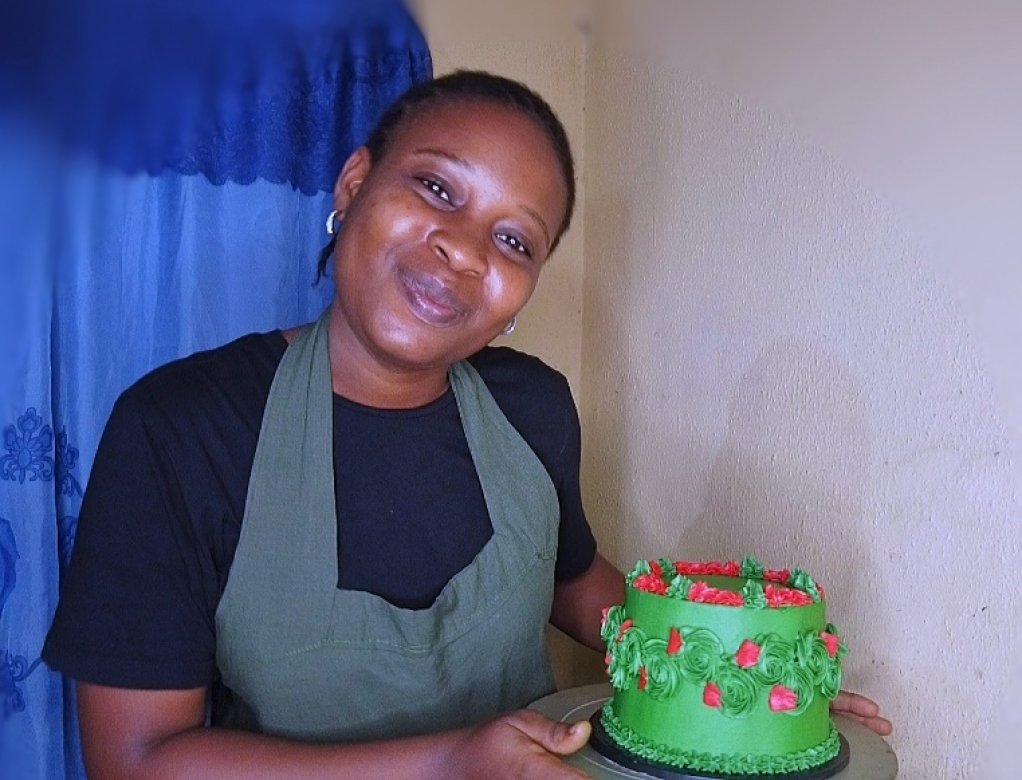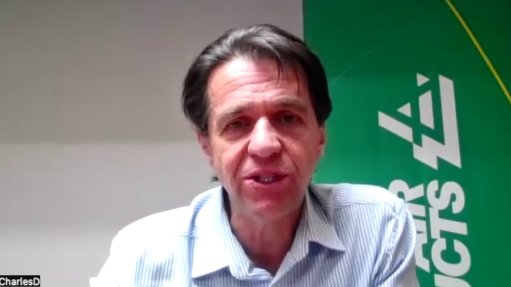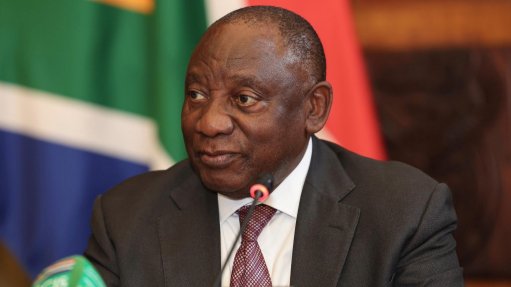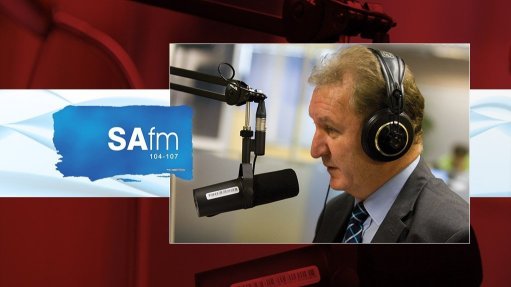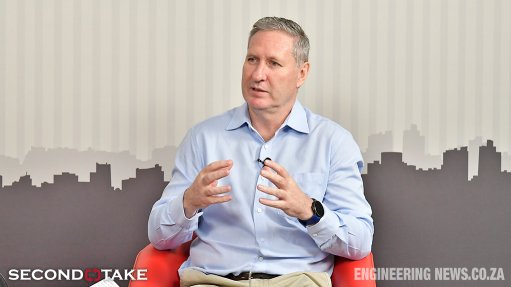Nurturing Africa’s young entrepreneurs through coaching and mentorship could unleash their success
This article has been supplied.
Youth entrepreneurship has become the African continent’s backbone, driving innovation, job creation and economic growth. Empowerment and support for this population group has become ever more vital for driving sustainable development, reducing poverty and inequality, and for shaping the future of the continent.
Entrepreneurship amongst young Africans has the greatest potential to confront the many socio-economic issues facing the continent today. The African Union’s report on the state of the continent’s economy maps out a pathway on how youth entrepreneurship could be catalytic in confronting the crisis of unemployment. It says that this could be achieved through policymaking to reduce barriers to entry and create a conducive entrepreneurial ecosystem.
These interventions should foster the development and growth of innovative enterprises. However, by themselves, these initiatives may not be enough. They must be accompanied by coaching and mentorship, which could be led by the private sector. Based on the insights from the Anzisha Prize’s decade-long experience working with young people between the ages 15 to 22 years, coaching and mentorship is one of the most important steps towards a flourishing entrepreneurship environment for young people on the continent.
As an entrepreneurship coach, Natalie Moyo from the Anzisha Prize says of all the support available for young Africans in entrepreneurship, coaching and mentorship have increasingly become crucial: “From task-based short-term coaching, longer-term personal development mentoring to sector- or function-specific consultative engagements, young entrepreneurs are able to unlock the potential of their business, improve performance and accelerate their growth.”
Moyo highlights that while mentorship and coaching already form part of the incubation programmes offered by several organisations on the continent, young entrepreneurs should be adequately exposed to these to help them gain access and to subsequently learn the different and necessary skills through multiple programmes and from different organisations, as possible.
To this end, says Moyo, “Young entrepreneurs must at least be coached in the following skills: identifying and meeting their target customer’s needs; managing cash flow efficiently; leading their teams well; and organising their operations efficiently.”
Skills to access funds and the management of money
For many entrepreneurs, the number one answer to what support they need is money. Financial support through debt, equity and grant funding must be available to entrepreneurs to help them scale their business.
“The limited nature of financial support, especially to young entrepreneurs in Africa, must be acknowledged, as financial institutions and private investors are still coming to the realisation of the capabilities of young entrepreneurs,” adds Moyo.
“Therefore, once these young people acquire the skill to secure business funding, they must also learn the important skill of identifying and partnering with funders aligned to their vision and goals for the business. Organisations that train young people for careers in entrepreneurship therefore need to prioritise this, making sure that they know how to run a profitable business sustainably.”
Moyo says that this training or coaching must, for example, shed knowledge on risk management and guarding against commonly known missteps such as overspending or blitz scaling. It must also cover how to circumvent sales slumps and supply fluctuations, which could impact sales, salaries, and in some cases, rent. Additionally, Moyo emphasises that young entrepreneurs should be taught the ability to attract and maintain a good market for their offering, since without customers a business effectively does not exist.
Grace Okezie, a 24-year old Nigerian entrepreneur, founded Royal Graced Bakery Company in 2019. Having gone through the Anzisha Prize fellowship programme, she believes that it was the coaching and mentorship she received from Moyo that helped her secure funding to scale her business. “The sessions transformed my life and business. The skills I acquired during this time helped me put together a great pitch, a good business plan and allowed me to best articulate my business model and unique selling proposition. This helped me project what my funders wanted to hear, making it easy for them to decide to fund us.”
Create and cultivate relationships
Relationships are important. Young entrepreneurs have the opportunity to improve the odds of success by having the right people around them. Moreover, some of these relationships can sometimes morph into mentorship and coaching.
Robert Kiyosaki said it best when he stated, “The richest people in the world look to build networks, everyone else looks for work.” The best entrepreneurs spend time building networks because they understand their role in navigating business challenges, accessing different opportunities, or making the entrepreneurial journey less lonely.
Young entrepreneurs should, therefore, be afforded the opportunity to engage in activities such as conferences, workshops, competitions, clubs, online communities and so on. “We must build a community of entrepreneurs in different sectors and geographies that can learn and collaborate with one another,” says Moyo.
Capacity development
There needs to be a deliberate focus on helping young entrepreneurs acquire the necessary skills and knowledge to run and grow their businesses. “Many businesses founded by young people on the continent fail for no other reason than the lack of these skills and knowledge,” continues Moyo.
“It is crucial that, during mentorship and coaching, these young entrepreneurs are encouraged to understand their own limitations and the needs of their business, and capacitate themselves and their employees to meet those needs. Training workshops, online courses and skills training initiatives are but a few of the many ways to move them a step closer to success,” she concludes.
Comments
Press Office
Announcements
What's On
Subscribe to improve your user experience...
Option 1 (equivalent of R125 a month):
Receive a weekly copy of Creamer Media's Engineering News & Mining Weekly magazine
(print copy for those in South Africa and e-magazine for those outside of South Africa)
Receive daily email newsletters
Access to full search results
Access archive of magazine back copies
Access to Projects in Progress
Access to ONE Research Report of your choice in PDF format
Option 2 (equivalent of R375 a month):
All benefits from Option 1
PLUS
Access to Creamer Media's Research Channel Africa for ALL Research Reports, in PDF format, on various industrial and mining sectors
including Electricity; Water; Energy Transition; Hydrogen; Roads, Rail and Ports; Coal; Gold; Platinum; Battery Metals; etc.
Already a subscriber?
Forgotten your password?
Receive weekly copy of Creamer Media's Engineering News & Mining Weekly magazine (print copy for those in South Africa and e-magazine for those outside of South Africa)
➕
Recieve daily email newsletters
➕
Access to full search results
➕
Access archive of magazine back copies
➕
Access to Projects in Progress
➕
Access to ONE Research Report of your choice in PDF format
RESEARCH CHANNEL AFRICA
R4500 (equivalent of R375 a month)
SUBSCRIBEAll benefits from Option 1
➕
Access to Creamer Media's Research Channel Africa for ALL Research Reports on various industrial and mining sectors, in PDF format, including on:
Electricity
➕
Water
➕
Energy Transition
➕
Hydrogen
➕
Roads, Rail and Ports
➕
Coal
➕
Gold
➕
Platinum
➕
Battery Metals
➕
etc.
Receive all benefits from Option 1 or Option 2 delivered to numerous people at your company
➕
Multiple User names and Passwords for simultaneous log-ins
➕
Intranet integration access to all in your organisation



